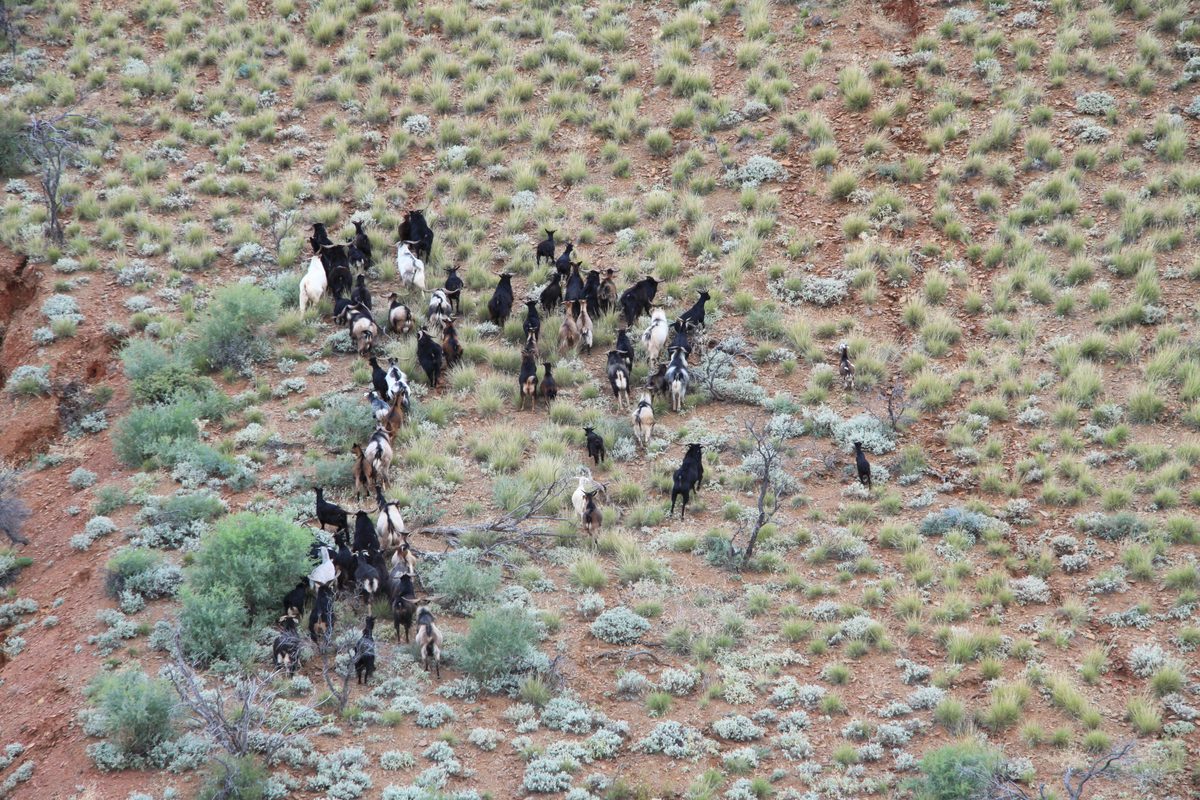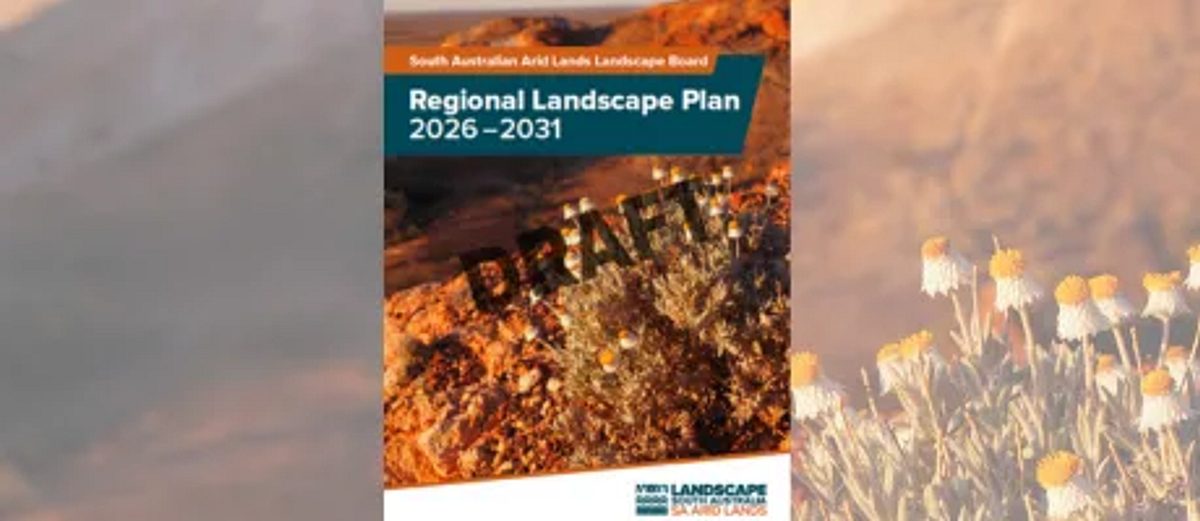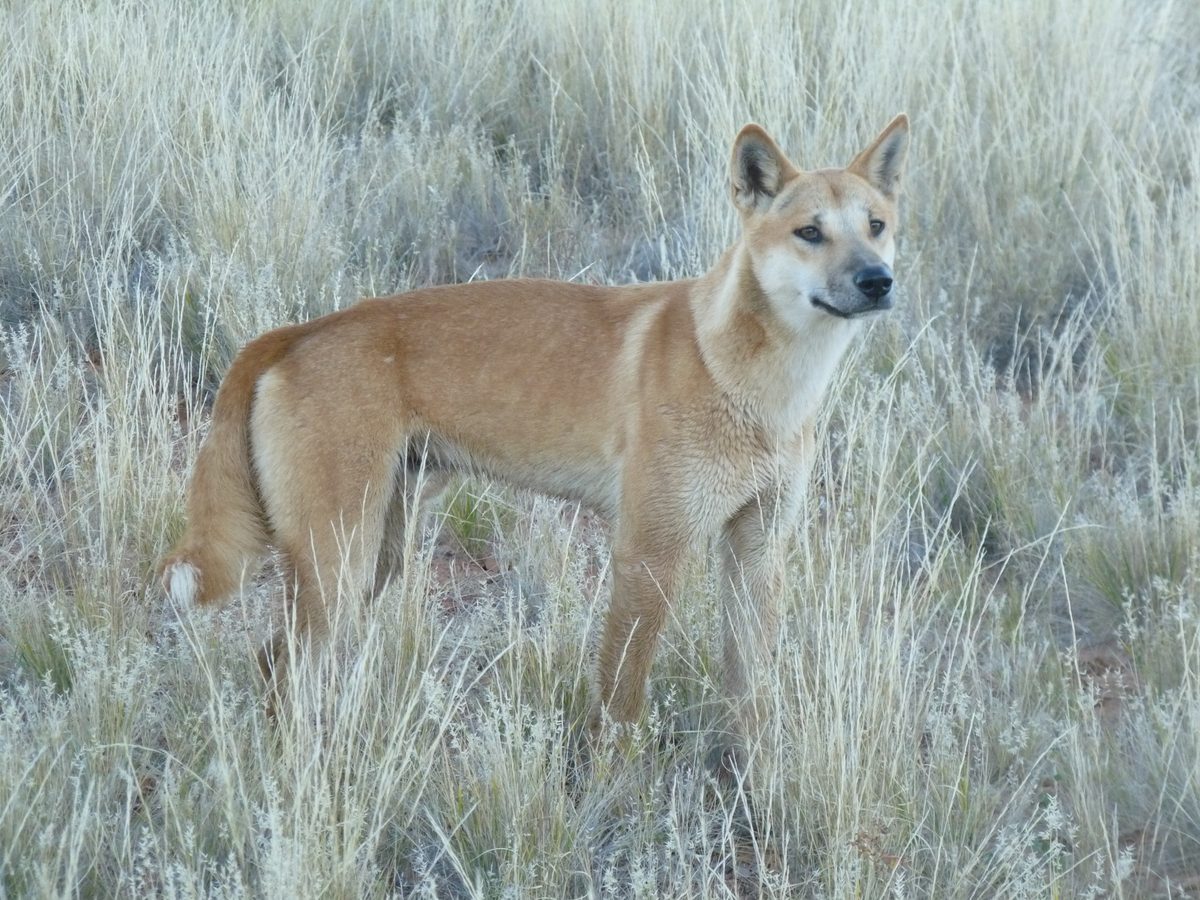New push to tackle North East cactus
The biocontrol insect cochineal has been released on populations of wheel and rope cactus in the North East Pastoral District, to assist land managers tackle the declared weed species. It’s not the first time the sap-sucking cochineal has been used to tackle cactus in the North East, but with the SAAL Board now breeding cochineal strains specific to cactus types, the odds of effectively controlling cactus have greatly increased.
The biocontrol insect cochineal has been released on populations of wheel and rope cactus in the North East Pastoral District, to assist land managers tackle the declared weed species.
It’s not the first time the sap-sucking cochineal has been used to tackle cactus in the North East, but with the SAAL Board now breeding cochineal strains specific to cactus types, the odds of effectively controlling cactus have greatly increased.
A number of properties in the south-western area of the district had cochineal delivered in October from the Board’s Cochineal breeding nursery in Port Augusta. The cochineal-infested cactus pads were placed in cactus populations where, overtime, the insect will breed to levels that kill the cactus. The October release is in time for the hot weather which sees the insect actively breeding and growing its population.
The seemingly simple method of using cochineal to control cactus (opuntia) is cost and time efficient and can easily be done by land managers and staff.
Identifying the cactus type is essential to selecting the right cochineal to use to treat it and this is something that SA Arid Lands landscape Board staff can assist with.
Community Landscape Officer Di Makotter and Sustainable Landscapes Project Officer Paul Hodges have been working with landholders in the region and are available to help land managers identify opuntia and can provide the right strain of cochineal for most opuntia species across the North East.
Cochineal is a biocontrol insect, which measures between 1-5mm and is a natural fighter of Opuntioid cacti infestations. The tiny insect is very host specific and the four strains being bred at the facility are specific to five species found around the SA Arid Lands Region: Wheel cactus (Opuntia robusta), Engelmann’s cactus (Opuntia engelmannii), Devil’s rope cactus (Cylindropuntia imbricata), Coral cactus (Cylindropuntia fulgida var. mamillata) and Jumping cholla (Cylindropuntia prolifera).
If you have opuntia infestations on your property in the North East Pastoral, please contact Di Makotter on 0408 944 751 who can assist with identifying the cactus and provide the right cochineal strain to control it.


